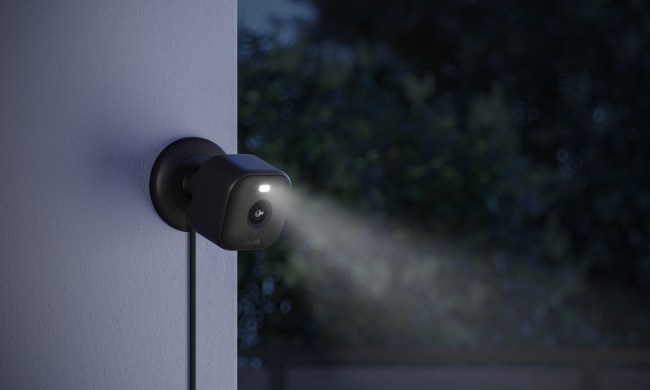According to reports, smart speakers are one of the fastest growing areas of smart home technology. It’s easy to understand why. Both Amazon Alexa and Google Home lend convenience to everyday tasks and controlling smart home devices, and the novelty of speaking to a computer has not yet worn off for many. On the flip side, the devices have their detractors. The “Laughing Alexa” event from earlier this year generated a lot of concerns about hackers and privacy,
The good news is that the chances of your Alexa being hacked are incredibly low, according to former NSA hacker Jake Williams. Williams is the founder of Rendition Infosec, an information security firm.
“Would-be attackers don’t care what you’re talking about at home. They’re looking to monetize data,” Williams told CNBC Make It. The truth is that hacking is not as simple as it looks on television. Companies like Amazon and Google put a lot of work into ensuring their smart devices are secure.
In other words, a hacker is far more likely to spend their time targeting your banking data than they are listening to your conversations at home. Hackers take advantage of security flaws to gain entry into unauthorized systems. Laptops and smartphones are notorious for this due to the amount of software installed and used on a daily basis. The average person does not check the security of the software they use, and many are also likely to download software from less-than-trustworthy sites.
Smart speakers do not operate in the same way, which makes them more difficult to hack. The main two forms of input come from your voice commands to the hardware and the data stream from Amazon’s servers. The first option is impossible to hack, and the second is not feasible for the vast majority of hackers out there.
Even when Alexa has behaved oddly, such as texting a contact without permission, there was no malicious intent behind the act. The device picked up a background word that was interpreted as the activation phrase. Due to improvements to Alexa’s language recognition, this is becoming far less likely to happen.
Alexa Skills are a possible target, but as long as users verify the skills they install and approve are from trusted sources, the risk is minimal. Williams says there are multiple weak points in a security system that should be the top priority, and which are far more likely to be targeted by hackers than Alexa. He recommends enabling multifactor authentication, setting up full encryption on all laptops and phones, and making sure your endpoint security is in place.



